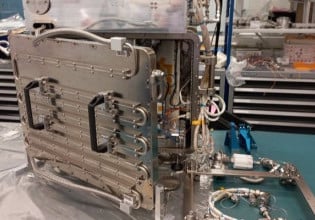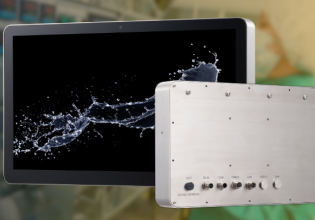S
Hi,
i have a diesel engine 1MW. When we try to operate it, it fails to start many times before start successfully and no alarms found when start failure happened.
can you give me a recommendations to what i do?
best regards,
i have a diesel engine 1MW. When we try to operate it, it fails to start many times before start successfully and no alarms found when start failure happened.
can you give me a recommendations to what i do?
best regards,






